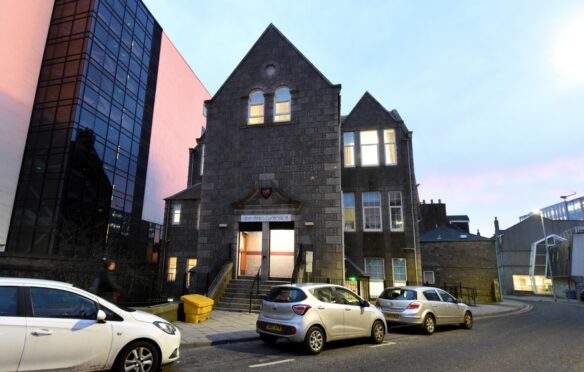A new peer support programme has been launched by Aberdeen Cyrenians.
The Aberdeen-based charity has been helping vulnerable people for over 50 years in the north-east and is now launching a new peer support service.
By teaming up with people who need assistance to overcome the various challenges peer supporters will be on hand with advice.
These supporters are best to help those in need through their “lived experiences” and have trained to assist others in implementing changes towards long-term recovery.
Aberdeen Cyrenians message is to help those in crisis and struggling with overwhelming circumstances.
By building skills and resilience, peer supporters can positively affect people’s lives and help them recover from their mental health and substance use issues.
Paul French, programme lead overseeing the Peer Mentoring Programme, said: “The Peer Support Programme is a new and innovative service bringing people together in a safe and supported environment.
“Peer support differs from the other types of support that we offer because the source of support is a similar person with relevant experience.
Aberdeen Cyrenians has launched a new scheme to help those in need.
“People, families and communities can play a key role in taking responsibility and managing their own health and wellbeing.
“Peers will be encouraged to openly discuss ideas to develop groups and activities which will assist the recovery journey.”
An important aspect of the programme is to “do no harm” and ensure there is no negative impact on the recovery of either supported persons or peer supporters.
Therefore, the programme is tailored to deal with situational challenges, such as relapse and relationship and boundary issues.
Chris Taylor, chief executive of Aberdeen Cyrenians, said: “The impact of peer support in terms of helping people to heal and to sustain recovery is well documented and we are particularly pleased that we have co-designed this programme with our service users from the outset.
“Through the peer support programme, we will also be able to offer work placements and limited employment opportunities to those with lived experience which we hope will help them in their recovery and to regain their sense of self-worth and citizenship.”
